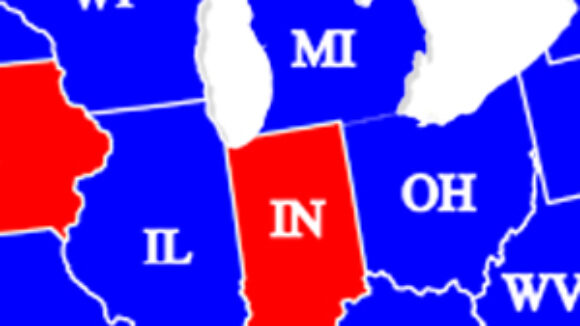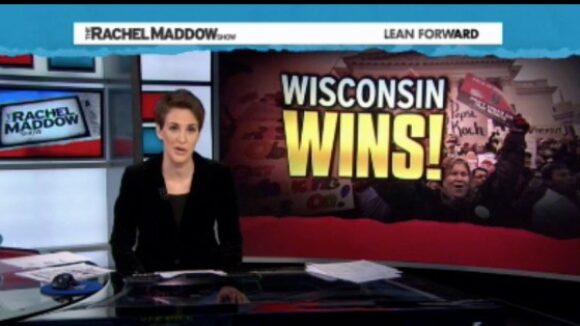Another Feather in Gov. Walker's Cap
Good economic news continues to flow from Wisconsin where Gov. Scott Walker's reforms are taking hold. The Wall Street Journal notes that by standing up to the union bosses, Walker was able to reduce the tax burden on home owners in Badger country:
The public employee unions and other liberals are confident that Wisconsin voters will turn out Governor Scott Walker in a recall election later this year, but not so fast. That may turn out to be as wrong as some of their other predictions as Badger State taxpayers start to see tangible benefits from Mr. Walker's reforms—such as the first decline in statewide property taxes in a dozen years.
On Monday Mr. Walker's office released new data that show the property tax bill for the median home fell by 0.4% in 2011, as reported by Wisconsin's municipalities. Property taxes, which are the state's largest revenue source and mainly fund K-12 schools, have risen every year since 1998—by 43% overall. The state budget office estimates that the typical homeowner's bill would be some $700 higher without Mr. Walker's collective-bargaining overhaul and budget cuts.
The median home value did fall in 2011, by about 2.3%, which no doubt influenced the slight downward trend. But then values also fell in 2009 and 2010, by similar amounts, and the state's take from the average taxpayer still climbed by 2.1% and 1.5%, respectively. In absolute terms homeowners won't see large dollar benefits year over year, but any hold-the-line tax respite is both rare and welcome in this age of ever-expanding government.



